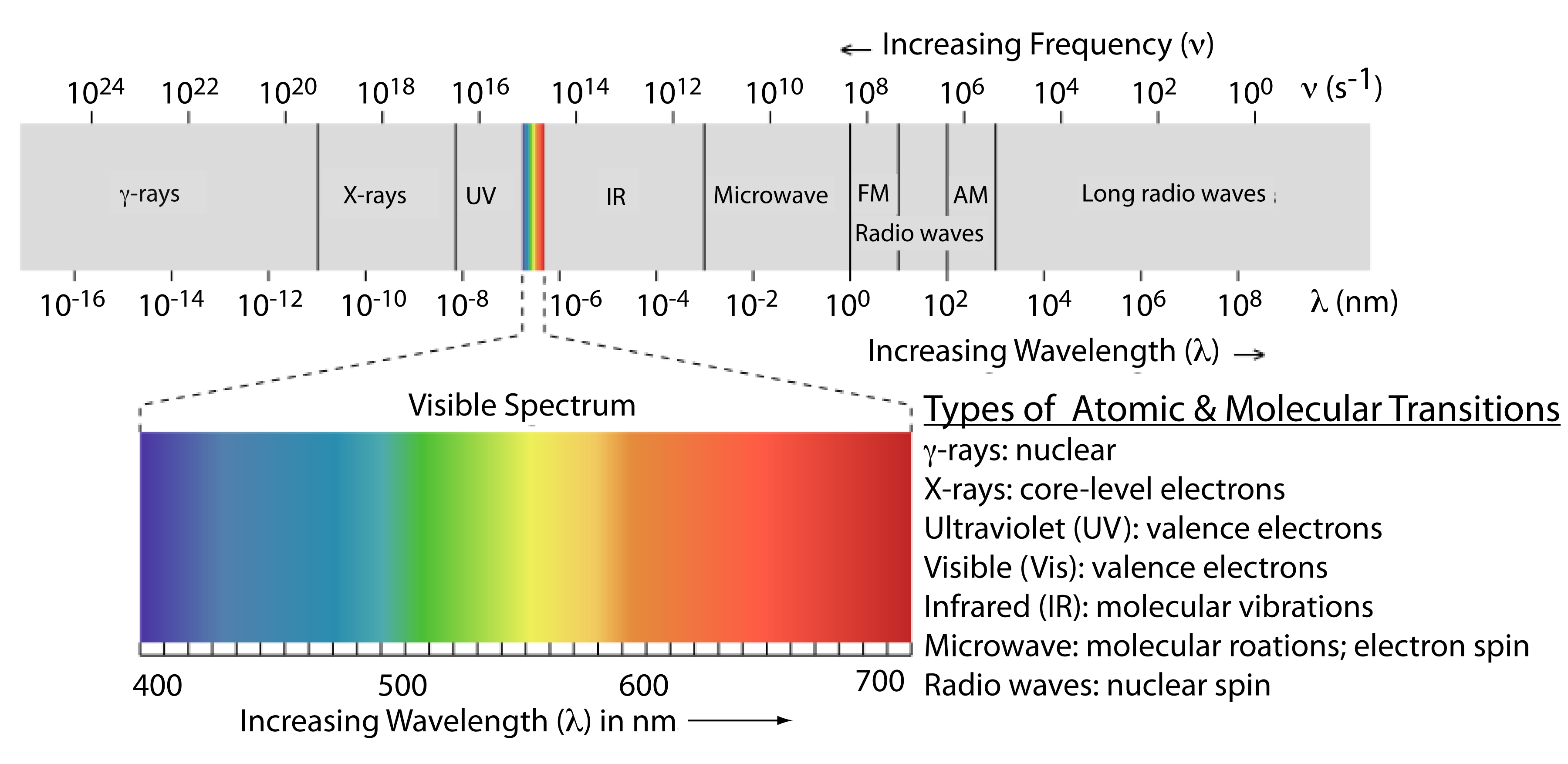The James Webb Space Telescope (JWST) has revealed views we had never seen before and novel aspects of views we had seen many times before. There is a lot of excitement and curious people of all stripes will pour over these images and associated data for years to come. Beyond the scientific, there are many other things to learn from the JWST.
JWST Reconnects us with Awe
Probably the most important benefit the pictures coming from the JWST is reconnecting us with awe. Far too many people agree with Anaxagoras who said:
Everything has a natural explanation. The moon is not a god, but a great rock, and the sun a hot rock.
To lack awe in the universe, however, is to disconnect oneself completely from humanity's essence. JWST helps reconnect us with that grandeur as we see through fresh eyes again.
Quest for Life
The immensity of space and the number of galaxies and stars leads predictably to speculation about the possibility of life. In recent years, our expectation of planets like our changed from "highly unlikely" to 1 in 200 stars. That this vast amount of space should be entirely unpopulated seems increasingly unlikely.
What is odd is how determined we are to find planets that can support life. The planets scientists examine are so far away that humanity is unlikely to visit them. Yet we must know their chemical composition and whether they will sustain life — most specifically, life like ours.
Canada’s instrument NIRISS on #Webb reveals the distinct signature of water 💧 in the atmosphere of a hot, puffy gas giant planet orbiting a distant Sun-like star. It also shows evidence of haze and clouds that previous studies of this planet did not detect. ☁ pic.twitter.com/grI52rKqWa
— Canadian Space Agency (@csa_asc) July 12, 2022
It is as if some deep primal urge makes us expect to live there someday. In the words of Kalpana Chawla:
When you look at the stars and the galaxy, you feel that you are not just from any particular piece of land, but from the solar system.
Except with the expanded view from the JWST, we're not just talking about the solar system but about being from the galaxy or maybe even the universe!
Otherworldly Creatures
Science fiction has trained us to expect easy communication with alien intelligence.
If we ever start communicating with living creatures from other planets, the number one priority is, how are you going to communicate information? Even between different cultures here on Earth, you get into communication problems. -- Story Musgrave
Most of us struggle to communicate with the intelligences closest to us: our friends and family. These rifts sadly grow when our values (religious, political, financial, etc.) diverge. We do well to look to the skies and then hone our communication skills with those beside us.
Invisible Light
The figure below shows the electromagnetic spectrum. From gamma rays on the far left to long radio waves on the far right, is a massive amount of information constantly flowing through space. At birth we are equipped to detect only the visible light spectrum, a minuscule portion of the total spectrum.

Visible light is the spectrum that the Hubble telescope showed us and it unlocked incredible new knowledge. The JWST unlocks infrared (IR). What other mysteries remain shrouded because we "see" so little of the electro-magnetic spectrum?
Space is big
One reason for the awe of space its size. Douglas Adams, as always, sums it up well:
Space is big. You just won't believe how vastly, hugely, mind-bogglingly big it is. I mean, you may think it's a long way down the road to the drug store, but that's just peanuts to space.
JWST provides another glimpse of the smallness of our thinking compared to the vastness of space. The distances are awe-inspiringly vast, but JWST also reveals many more celestial objects, previously hidden from our senses.
Unexpectedly, just because space is big does not mean that it's far away.
Space isn't remote at all. It's only an hour's drive away if your car could go straight upwards. -- Fred Hoyle
Stratospheric balloons at 40km are above 99% of the atmosphere. The Karman Line (an internationally agreed definition of "space") is at 100kms. So, the last 1% of the atmosphere is still 60km deep!
No limit
Amidst the daily politics of one group's attempt to rule over others, space provides the respite of a mind clear of petty disagreements and room for endless ambition for all.
For the wise man looks into space and he knows there is no limited dimensions. — Zhuangzi
Too often pettiness stems from our sense of scarcity. The feeling of scarcity leads to playing zero-sum games with winners and losers. A sense of abundance leads to the opposite behaviour, freely sharing because there is so much.
Space also provides an opportunity to re-think property.
The moon and other celestial bodies should be free for exploration and use by all countries. No country should be permitted to advance a claim of sovereignty. — Lyndon B. Johnson
This may not be a realistic vision of the future, but it provides a starting point that's very different from the smash–and-grab, might-makes-right, version of property rights. Watching the struggle over the next 20 years of Ukrainian ownership, it seems appropriate to think about how we want to move forward in space.
The perspective of the James Webb Space Telescope shows is a step closer to the infinitude of space. Yet it is still only a glimpse of what is available as we look to the heavens for inspiration.
Photo by Kyler Boone on Unsplash
